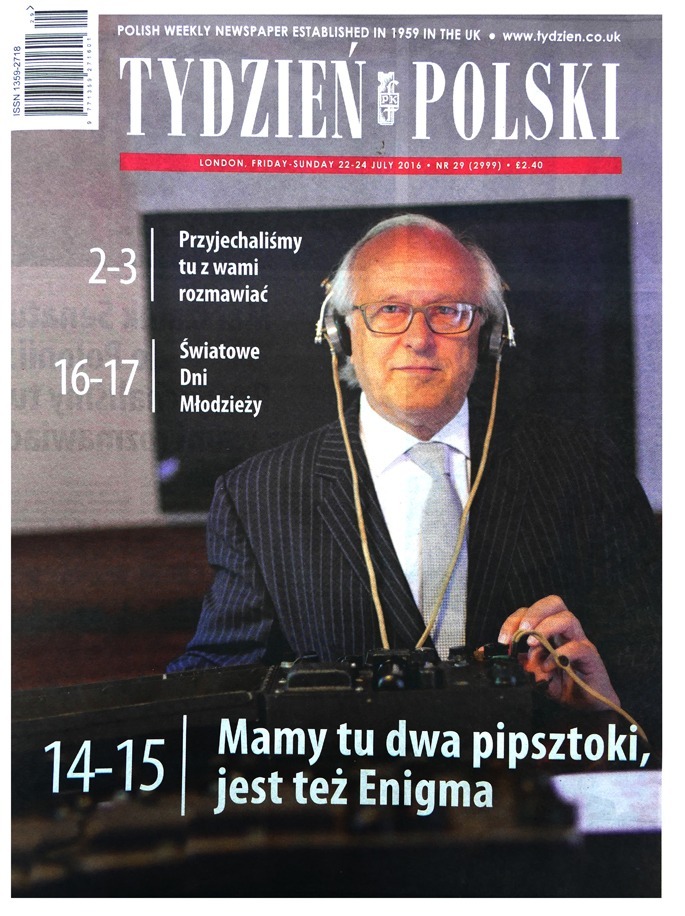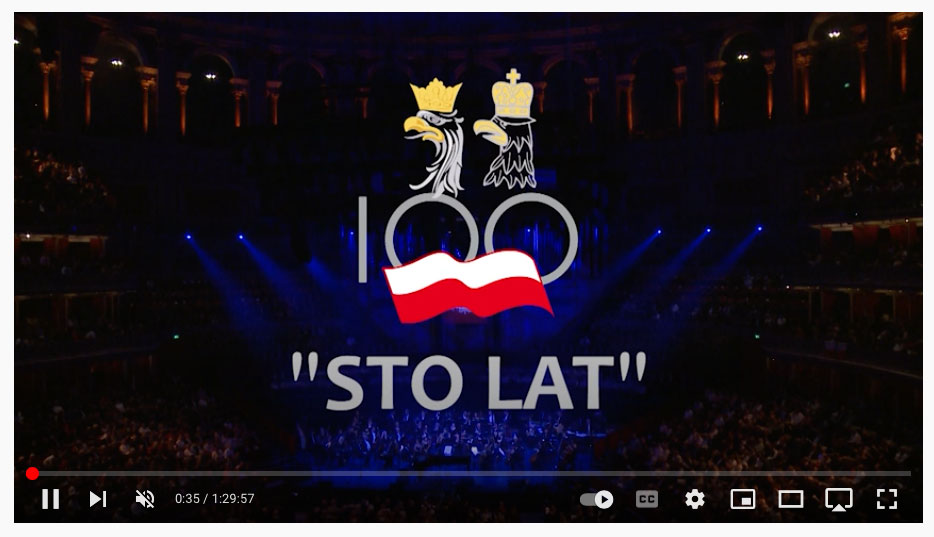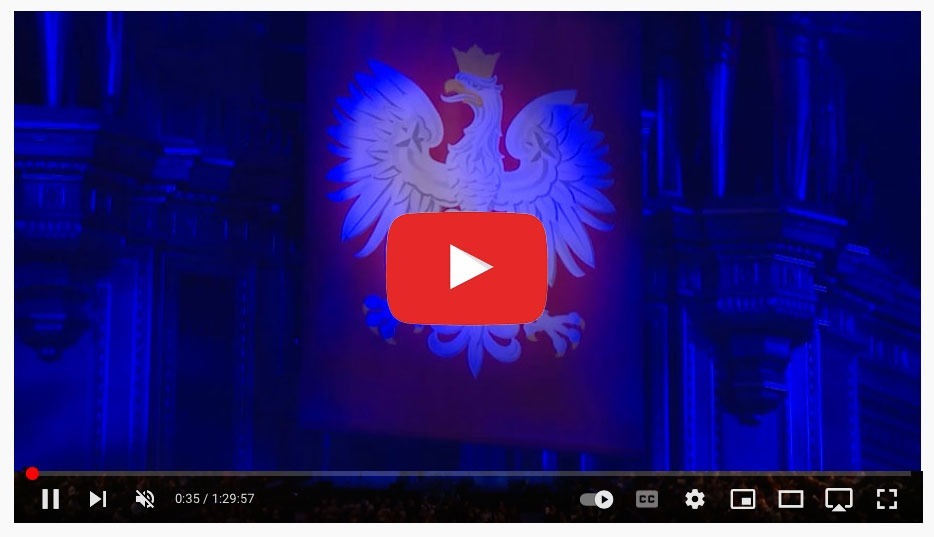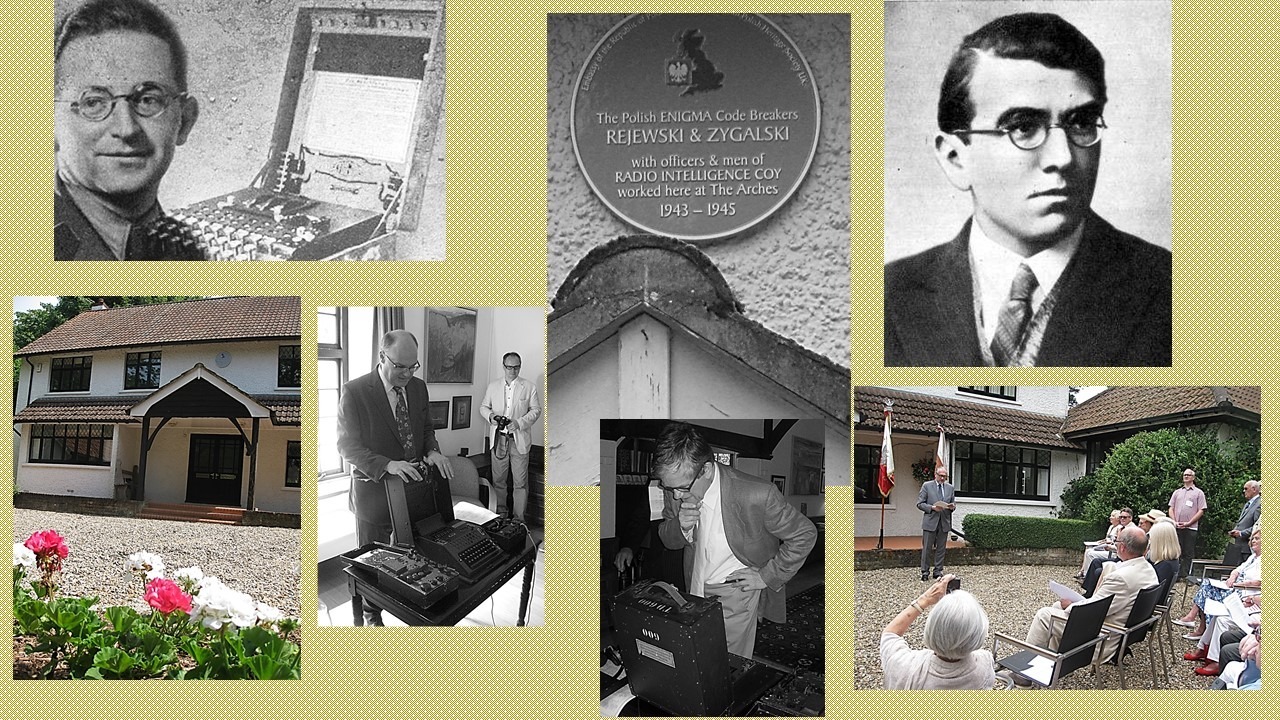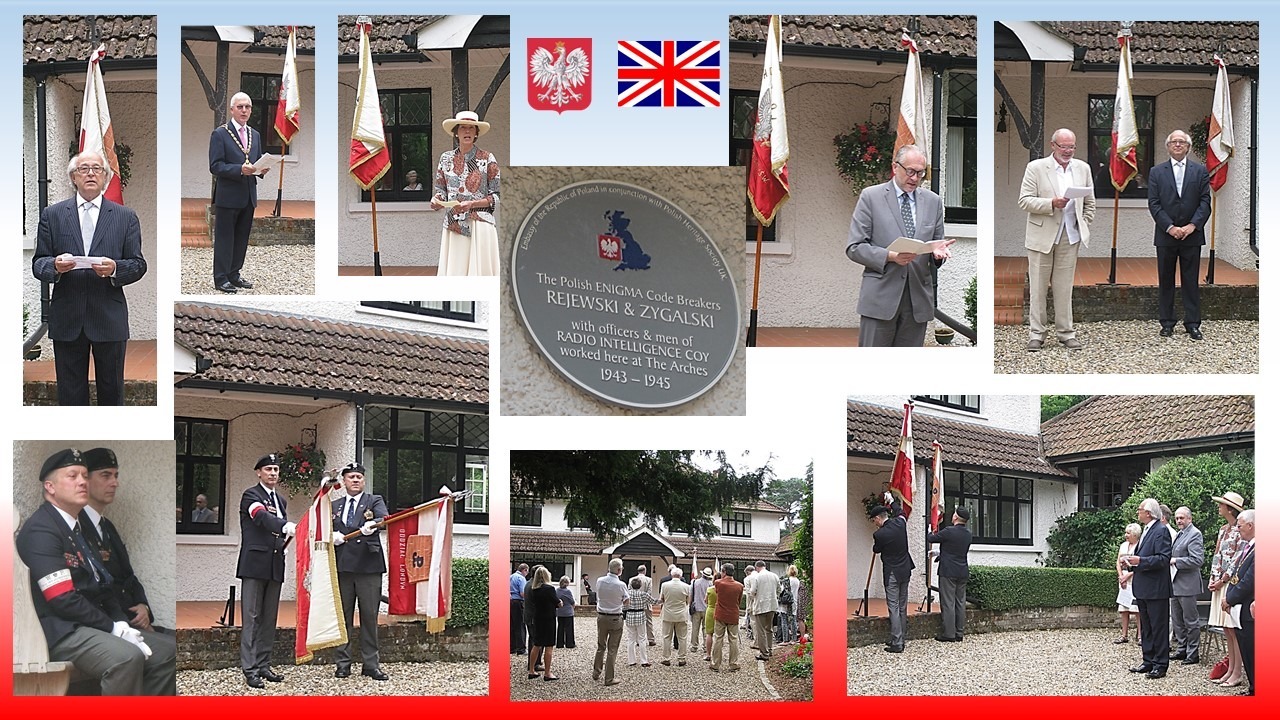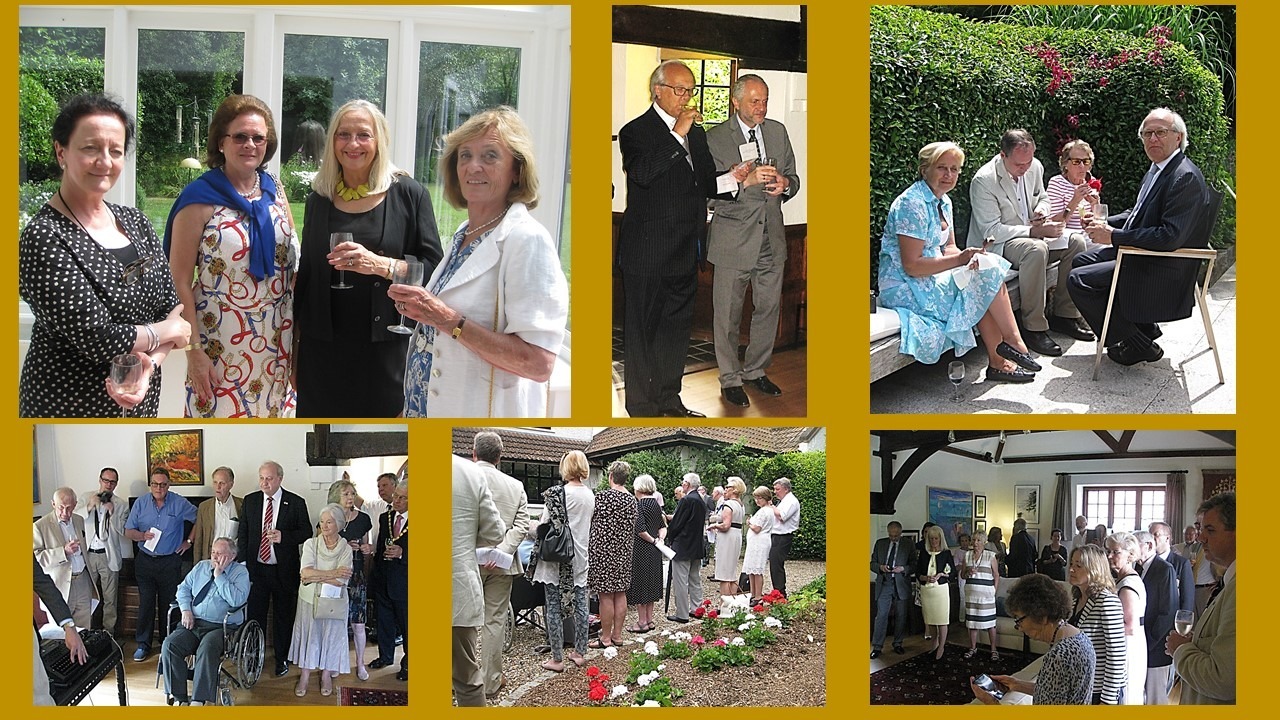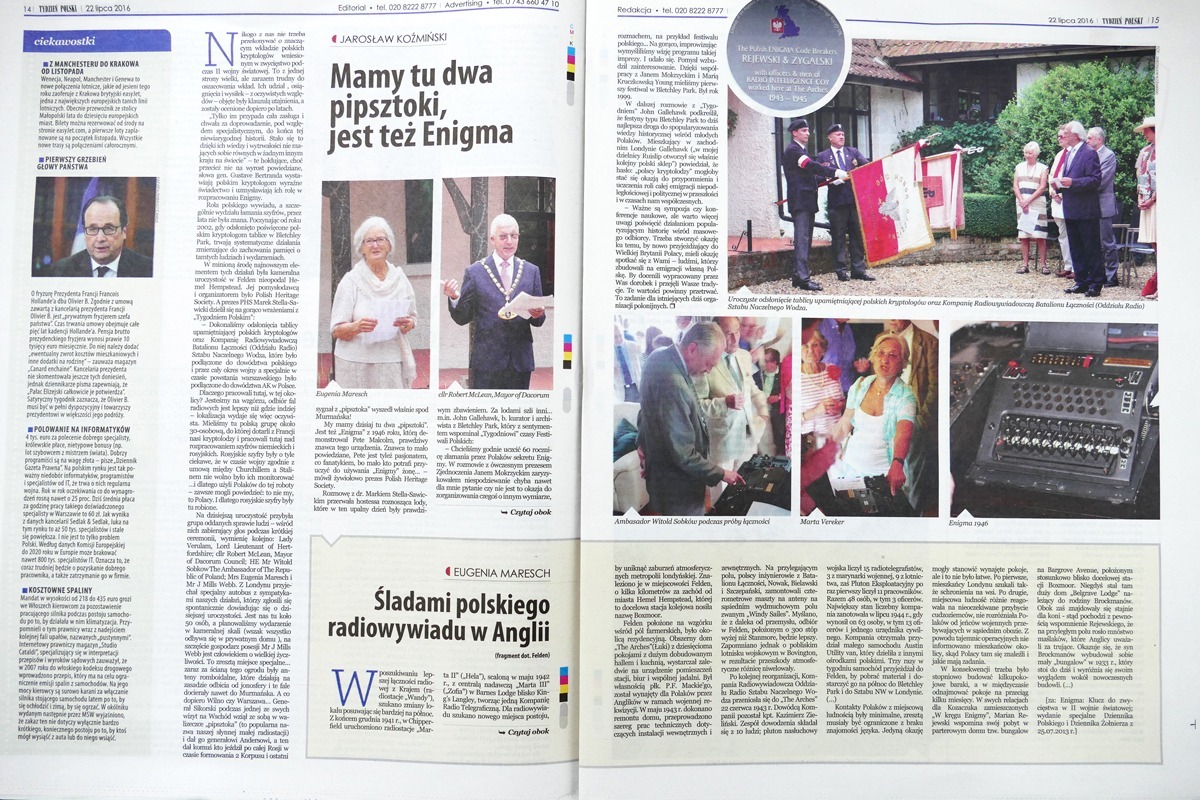
Make a donation
to PHS
Introducing
The Institute
of Polish
Military History

A message from our President, General Lord Guthrie of Craigiebank
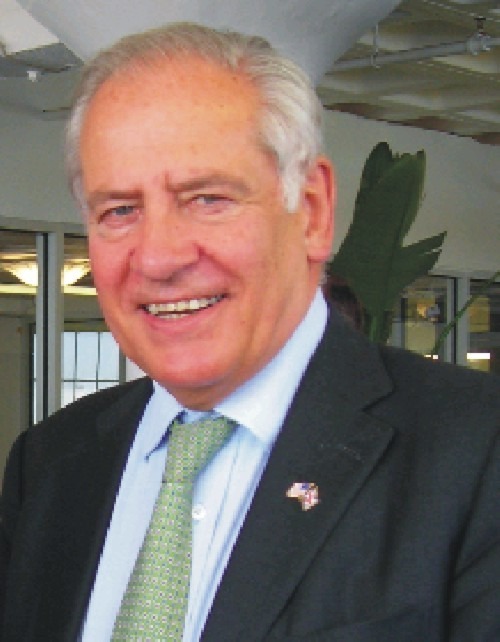
'I am delighted to be associated with the work of the Polish Heritage Society and very honoured to serve as its President. The Society's work highlights the enormous contribution which generations of Poles have made to their adopted country. Preserving and celebrating that heritage will only further strengthen the ties between Poland and the United Kingdom.
I worked closely with the Society on the project to build a memorial to the Polish Forces at the National Memorial Arboretum and saw at first hand the energy and dedication of those involved.
I encourage you to explore this website and learn about the many other projects the Society has sponsored. Do please contact us if you would like to be involved in any way'.
General The Lord Guthrie of Craigiebank GCB LVO OBE
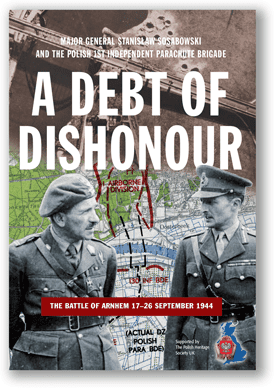
A Debt of Dishonour is a unique documentary film dedicated Major General Sosabowski and all ranks who served in the 1st Polish Independent Parachute Brigade Group and to their Comrades-in-Arms of the 1st British Airborne Division that fought in the ill-fated “Operation Market Garden” at Arnhem and Driel during September 1944.

The Polish Heritage Society
PHS commemorative plaque in honour of Polish crypto-analysts Marian Rejewski and Henryk Zygalski
Today, 20 July 2016, the Polish Heritage Society (UK) Ltd unveiled a commemorative plaque in honour of the Polish mathematicians, turned crypto-analysts, Marian Rejewski and Henryk Zygalski who cracked the code of the German Enigma in 1938 while in Poland. During the war between 1943-1945 they worked within The Polish Radio Intelligence Company, situated in a private ten room house called ‘The Arches’ in the outskirts of Hemel Hempstead, Hertfordshire.
The ceremony was held in the presence of the Lord Lieutenant of Hertfordshire, Lady Verulam, Poland’s Ambassador to the UK, Witold Sobkow and the Mayor of Dacorum Council, Cllr Robert McClean and other honoured guests.
The Polish Ambassador, Wiktor Sobkow, attended this ceremony and officially stated that Marek Rencki (Treasurer and Director of PHS) was responsible for designing and creating this Plaque, and that Arek Palka (leading Polish Builder) inserted this Plaque onto the Front of this House.
 Unveiling speech by Eugenia Maresch, Studium Polski Podziemnej w Londynie
Unveiling speech by Eugenia Maresch, Studium Polski Podziemnej w Londynie
Your Excellency, Ladies and Gentlemen,
Years ago, in my quest for relevant documents on Enigma, I have found an unusual memorandum, written in this particular house by Marian Rejewski Sub.Lt. dated 20th October1944 – entitled:
Kilka uwag na temat trudności w jakich znajduje się w chwili obecnej, Dział Szyfrów niemieckich.
Few comments on the present difficulties, which the Department of German Ciphers is encountering.
It refers at length, to the history of co-operation between the two countries on Enigma, but the last paragraph is particularly intractable or should I say unceremonious, due to the fact, that the war for the Poles was almost over with nothing to show for. We should look at it from the Polish perspective. The British had a brilliant Polish team at their disposal, ready to resume their crypto-analytical work where they left off, but instead were shunted to the periphery of some mechanical work of deciphering, which would have been done, equally well by office clerks. He recoils bitterly by writing:
‘We all know, that before the war, there was an Anglo-Polish-French co-operation in the field of ciphers, in the course of which, it should be emphasised that the side which gave generously, was exclusively Polish. The Franco-British contingent would not be able to read a single German cipher during the Norwegian or French campaigns’.
Rejewski asks – ‘the British to return the Enigma machine to them, as it might be useful if anything, for archival purposes, as those, who reconstructed the machine should hold at least one copy’.
The Polish Coy headed by Rejewski and Zygalski were limited to certain type of German and Russian traffic. More advanced Naval keys like Shark, or North Atlantic Dolphin, Abwehr Enigma or Fish keys of Army signals, used between Berlin and Army HQ. these were out of bounds for the Poles. So in this memorandum Rejewski is almost pleading for help in sharing this traffic by suggesting –
‘One should enforce an agreement, so that the British would directly share their experience on more advanced ciphers undertaken in the past five years – this would be helpful, as the Polish possibilities are very limited’.
What is also true, that the Poles did not cross the inner sanctum of Bletchley Park. They did not realise that towards the end of 1944, the British were in close cooperation with Americans, reading millions of telegrams with the help of Turing’s bomb – the Polish Bomba from Pyry was but - a history.
So much for the unresolved requests of the memorandum. Today, somehow belatedly, we are unveiling a plaque in their honour and contribution which emanated from this lovely, private English house. So, on behalf of us all - thank you most sincerely to the Polish Heritage Society and Mr. & Mrs Mills-Webb for sharing this memory with us.
Eugenia Maresch, 20 July 2016.
 Unveiling ceremony gallery
Unveiling ceremony gallery
 Tydzień Polski - No.29, July 2016
Tydzień Polski - No.29, July 2016
